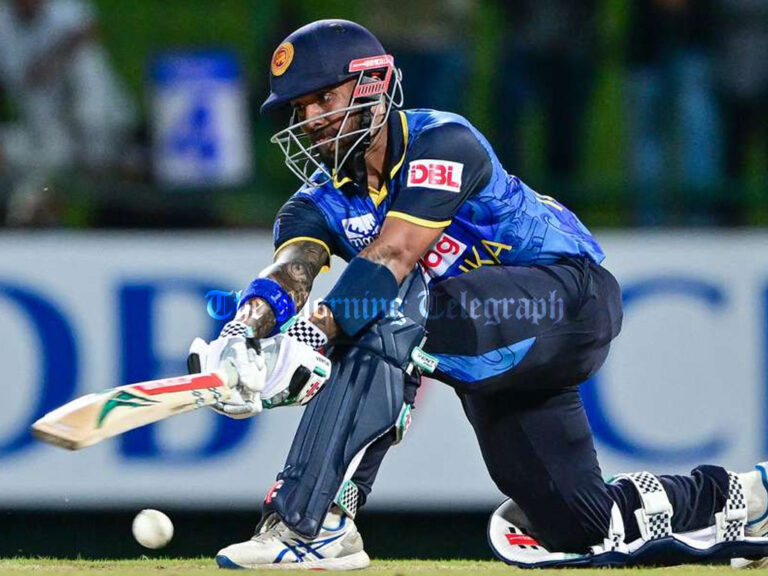
Israelis Erupt in Protest, Demanding Cease-Fire After Six More Hostages Die in Gaza
Tel Aviv, Israel — September 1, 2024
Tens of thousands of Israelis took to the streets on Sunday night, demanding a cease-fire with Hamas after the discovery of six more dead hostages in Gaza. The protesters, filled with grief and anger, chanted “Now! Now!” as they pressed Prime Minister Benjamin Netanyahu to halt the ongoing conflict and secure the release of the remaining captives.
The demonstration, reportedly the largest in 11 months of war, reflects deep divisions within Israel. Many protesters blame Netanyahu for failing to negotiate a cease-fire, with opinion polls showing a majority of Israelis favor such a deal. However, the prime minister also retains significant support for his strategy of pursuing “total victory” against Hamas, even at the cost of delaying a deal for the hostages.
Adding to the pressure, Israel’s largest trade union, the Histadrut, has called for a general strike on Monday, the first since the Hamas attack on October 7 that ignited the current war. The strike aims to shut down or disrupt major sectors of the economy, including banking, healthcare, and the country’s main airport.
Sunday night’s protests saw thousands gather outside Netanyahu’s office in Jerusalem, while in Tel Aviv, relatives of the hostages marched with coffins symbolizing the toll of the conflict. “We really think that the government is making these decisions for its own conservation and not for the lives of the hostages, and we need to tell them, ‘Stop!’” said Shlomit Hacohen, a resident of Tel Aviv.
The discovery of the six hostages, including Israeli-American Hersh Goldberg-Polin, 23, who lost part of his left arm during the initial Hamas attack, has fueled public fury. Three of the hostages were reportedly scheduled to be released in the first phase of a cease-fire proposal discussed in July, leading to widespread frustration among the protesters. “Nothing is worse than knowing that they could have been saved,” said Dana Loutaly, a participant in the protests.
The Israeli military reported that the hostages were killed shortly before Israeli forces arrived. The bodies were recovered from a tunnel in Rafah, a southern Gaza city, during ongoing combat operations. The hostages were identified as Ori Danino, 25; Eden Yerushalmi, 24; Almog Sarusi, 27; Alexander Lobanov, 33; and Carmel Gat, 40. The Israeli Health Ministry stated that autopsies revealed the hostages had been shot at close range, likely on Thursday or Friday.
Netanyahu, responding to the tragedy, blamed Hamas for the breakdown in negotiations, stating, “Whoever murders hostages doesn’t want a deal.” Hamas, however, has offered to release the hostages in exchange for an end to the war, the withdrawal of Israeli forces from Gaza, and the release of a significant number of Palestinian prisoners.
The death of the hostages has intensified criticism of Netanyahu, with some accusing him of prioritizing his personal political interests over the safety of the hostages. Top security officials have indicated that the pressure on Hamas has created favorable conditions for a cease-fire, but Netanyahu has vowed to continue the war until Hamas is destroyed. Reports of a heated argument between Netanyahu and Defense Minister Yoav Gallant, who criticized the prime minister for prioritizing control of a strategic corridor over the lives of the hostages, have further exposed divisions within the government.
The protests and the growing public outcry may signal a new level of political pressure on Netanyahu, though his position remains secure for now. The ongoing war and its toll on Israeli society, however, are likely to have significant political ramifications, particularly as the country grapples with the human cost of the conflict and the hostages’ fate.




